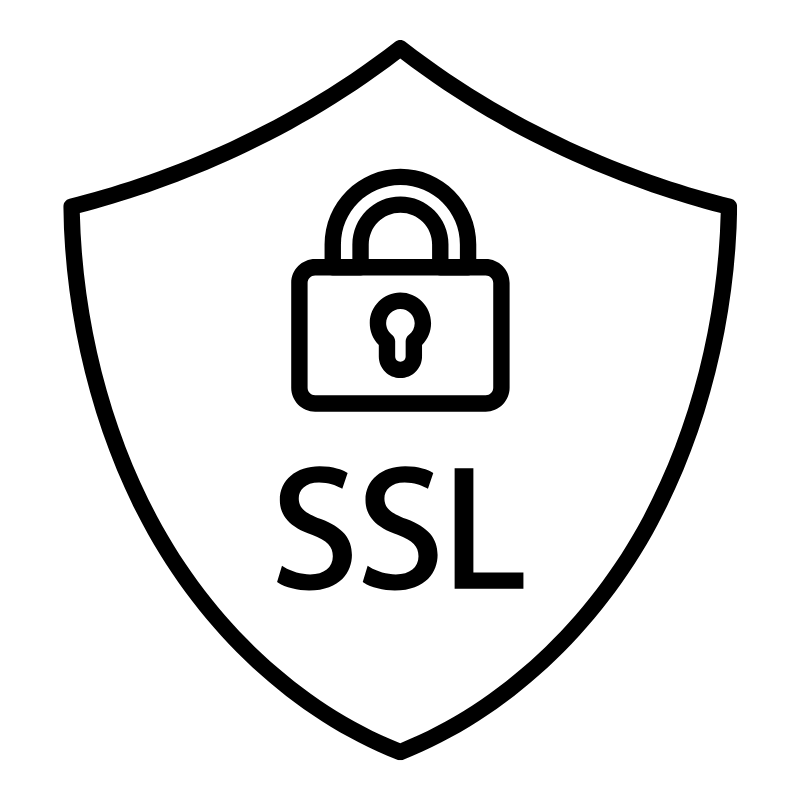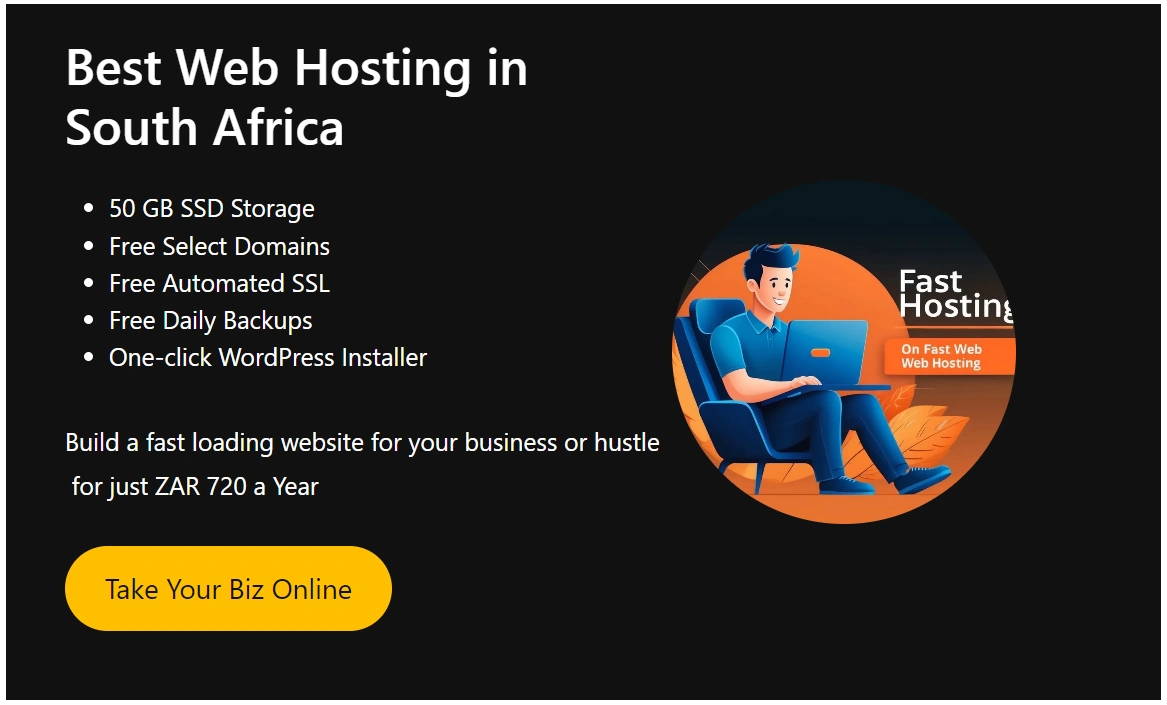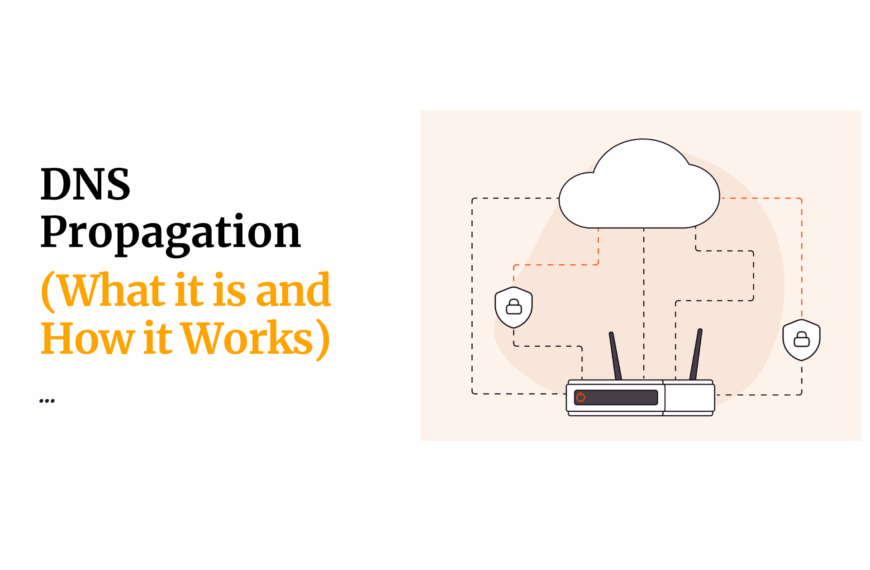Local domain names in South Africa, such as .co.za, .org.za, and .net.za, have become increasingly popular choices for businesses and organizations in the country. A local domain gives a site a stronger local presence and helps build trust with South African users.
Compared to generic top-level domains (gTLDs) like .com or .net, local South African domains better signify that a website represents a local entity. They enable South African internet users to easily identify locally targeted sites and content. Using a local domain extension thus makes a lot of sense for organizations that primarily serve the South African market.
The .co.za domain is by far the most commonly used local domain in South Africa. Launched in 1990, it had over 1.3 million registered domains as of 2020 according to ZARC stats. Other popular local domain extensions include .org.za, .net.za, .web.za, and .ac.za.
Local domains in South Africa are administered by the .ZA Domain Name Authority (.ZADNA). Their policies and regulations around registration eligibility, pricing, and dispute resolution help maintain the integrity of the local domain name space.
But later, ZA Registry Consortium (Pty) Ltd (ZARC) was appointed as the new registry administrator for the four commercial .za second-level domains (SLDs) on 1 October 2022.
This appointment affected the administration of co.za, net.za, org.za and web.za domain names and their Accredited Registrars.
Table of Contents
History
Local domain names in South Africa originated in the late 1980s along with the introduction of Internet access in the country. The .co.za domain was the first local domain to be introduced.
Introduction of Internet and local domains
Internet connectivity first reached South Africa in 1988 via a link to the European Academic Research Network.
Soon after, in 1990, the first local top-level domain name .co.za was established and open for registration.
The .co.za domain was run by the University of South Africa along with UniNet, an internet service provider for academic institutions. It enabled companies based in South Africa to obtain a domain name under the .co.za space.
Other local domains like .org.za, .net.za, .ac.za, and .gov.za were introduced in subsequent years:
- .org.za – 1991 – for non-profit organizations
- .net.za – 1995 – for network providers
- .ac.za – 1996 – for academic institutions
- .gov.za – 1997 – for government entities
This helped bring organization to the rapidly growing .co.za space by designating specific local domains for different entities.
Growth of .co.za
The .co.za domain saw enormous growth through the 1990s as commercial internet use took off in South Africa. By the end of 1995, there were over 15,000 .co.za domains registered.
Some key milestones:
- 50,000+ .co.za domains registered – 1998
- 100,000+ .co.za domains – 2000
- 500,000+ .co.za domains – 2007
- 1 million .co.za domains – 2011
The .co.za domain consolidated its position as the premier local domain for South African businesses and organizations. It continues to comprise the bulk of local domain registrations to date.
Oversight transition
In 2002, oversight of the .za domain name space transitioned from UniNet to the .ZA Domain Name Authority (.ZADNA). .ZADNA is a non-profit entity tasked with managing and regulating local domain names in South Africa.
Some of .ZADNA’s key functions include:
- Managing the .ZA central registry
- Setting policies for registrars and registrations
- Domain name dispute resolution
- Promoting growth of local domain industry
This helped provide centralized oversight and a more standardized framework for the administration of local .za domains.
Today, South Africa has a well-developed local domain name industry catering to the needs of organizations and businesses in the country.
The .co.za domain remains the most widely used, but various other extensions continue to grow in popularity and usage.
Registration Process
Registering a local .za domain name in South Africa is fairly straightforward. Here are the key steps involved:
Choose domain name
The first step is choosing an appropriate domain name for your site or organization. Some tips for picking a good domain name:
- Keywords – Include relevant keywords, especially your brand name
- Brevity – Opt for short and memorable over long
- Simplicity – Avoid hyphens, numbers and hard to spell words
- Availability – Check if domain is available before selecting
Use domain name search tools to look up availability. Avoid trademarked names or variations.
Select registrar
Next, select an accredited .za domain name registrar to process your registration. You cannot register .za domains directly with .ZADNA.
Some popular registrars include:
- truehost.co.za
- Afrihost.co.za
- Namecheap
Compare domain pricing and features between registrars. Many offer WHOIS privacy, email forwarding, etc.
Submit registration
Work with your chosen registrar to submit the domain registration application. Provide required contact details like registrant name, address, phone, email.
Acceptable documentation may need to be submitted based on the domain category, e.g. company registration docs for .co.za.
Make payment
Pay the domain registration fee to your registrar via their accepted payment methods. Fees are typically ZAR 50 – ZAR 100 per year. Subscription periods range from 1-10 years.
Confirmation
Your registrar will inform you once the .za domain registration is confirmed and complete. This may take 1-2 business days.
Configure domain
Point your domain to a web host using DNS settings provided by the registrar or host. You can now develop a website, configure email, etc. on your new local .za domain.
Renewal notices will be sent by your registrar as expiration approaches. Overall, registering and maintaining a .za domain is quick and convenient.
Benefits of Local Domains
Local domain names like .co.za have some key advantages compared to generic top-level domains (.com, .org, etc) for South African entities:
Local relevance
The .co.za extension or other localZA domains immediately signify a South African presence to users. This helps establish trust and brand recognition in the local market.
Compare:
- mybusiness.com
- mybusiness.co.za
The .co.za version signals the business is South African.
SEO ranking boost
Local domains can improve SEO rankings, especially in Google South Africa. Google gives preference to the country-code domain extensions for that market.
So xyzcompany.co.za will tend to rank better than xyzcompany.com for searches in South Africa.
Distinguishes from generic .com
A .co.za domain helps differentiate a brand from generic .com sites and build a local identity. This is useful when:
- Generic .com version of name is taken
- Competing against established .com brands
- Want to emphasize SA presence
MyBrand.co.za conveys a more unique brand name vs MyBrand.com
Registration eligibility
Only locally registered companies and organizations can register .co.za, .org.za and some other local domains. This helps prevent cybersquatting and builds trust.
Lower registration cost
.ZA domains tend to be priced lower than generic .com/.net domains. Typical registration is ZAR 50 – ZAR 100 per year for a .co.za.
Dispute resolution
.ZADNA policies help address and resolve local domain disputes and cybersquatting issues through Alternative Dispute Resolution rules.
Overall, local .za domains provide a trusted online identity tailored for South African entities and website owners. The SEO and branding benefits make it an impactful choice.
Popular Local Domain Extensions
While .co.za is by far the most popular local domain, South Africa has several other local extensions with significant uptake. Some key ones include:
.org.za
The .org.za domain is meant for non-profit and public benefit organizations in South Africa. As of 2020, it had over 63,000 registered domains.
Examples:
- unicef.org.za
- capesummeropera.org.za
Key benefits of .org.za:
- Conveys non-profit status
- Lower registration cost than .co.za
- Requires formal registration as NPO
.net.za
The .net.za domain is restricted to licensed internet service providers in South Africa. It had over 8,300 registered domains as of 2020.
Examples:
- mweb.net.za
- iburst.net.za
Benefits of .net.za:
- Shows ISP status
- Must have ICASA license
- Cheaper than .co.za
.ac.za
The .ac.za domain is meant for academic institutions in South Africa. As of 2020, it had over 1,100 registered domains.
Examples:
- sun.ac.za
- uj.ac.za
Benefits:
- Indicates academic status
- Reserved for colleges and universities
- Lower cost than .co.za
.school.za
The .school.za domain is for schools in South Africa. It provides a localized identity for educational institutions.
Examples:
- hudsonparkhigh.school.za
- springvaleprimary.school.za
Benefits:
- Shows school/academic status
- Marketed for primary and secondary schools
- Lower cost option
.web.za
The .web.za domain is open for any use and had over 2,300 registrations as of 2020. It provides an alternative to .co.za.
Examples:
- mystore.web.za
- examplesite.web.za
Benefits:
- Open registration policy
- Cheaper than .co.za
- Keyword-friendly
While .co.za continues its dominance, other local extensions fill important niches and grow South Africa’s domain name ecosystem.
SEO Considerations
Using a .za domain extension can provide SEO advantages in South Africa, but still requires optimization best practices. Key factors to consider:
Google preference for ccTLDs
Google and other search engines give preference to country-code top-level domain (ccTLD) extensions like .co.za when ranking sites for users in that country.
So examplesite.co.za will tend to outrank examplesite.com in South Africa.
Include location keywords
Incorporate relevant location keywords in page content, titles, meta descriptions, etc. This reinforces the local relevance.
For a Cape Town business:
- Cape Town accounting services
- Best Durban SEO company
Local business info
Ensure business name, full address, and contact info are clearly visible. Google My Business profile is also recommended.
Local links
Build links from South African directories, local sites, and community organizations. Avoid link networks.
Mobile-friendly
Optimize site speed and responsiveness for mobile. Over 70% of South Africa’s Google searches are mobile.
Include media
Use images, video and other media showing company premises, locations, staff, etc. to establish local presence.
Create unique content
Aim for original and locally focused blog posts and articles. Avoid copying content from .com domains.
Monitor analytics
Check Google Analytics to see organic traffic and keyword sources. Refine SEO approach over time.
While a .za domain helps, it does not automatically guarantee high rankings. Comprehensive technical and content optimization is still essential.
Key Takeaways
Here are some key takeaways on local domain names in South Africa:
- The .co.za domain is the most popular local domain, with over 1.3 million registered names.
- Local domains like .co.za provide SEO advantages in South Africa compared to generic .com sites.
- The ZA Registry Consortium (Pty) Ltd (ZARC) oversees and administers the .za namespace.
- Choosing an accredited .za registrar is necessary to register a local domain name.
- Domain availability should be checked before selecting a name. Short, memorable names work best.
- Local domains clearly signify a South African locality and help build trust with local users.
- Other popular local extensions include .org.za, .net.za, .ac.za and .school.za.
- Technical and on-page SEO optimization remains crucial even when using a .za domain.
- Local domains provide a cost-effective alternative to generic .com domains for South African entities.
 Web Hosting
Web Hosting Windows HostingBuilt for Windows apps and websites – stability, speed and flexibility
Windows HostingBuilt for Windows apps and websites – stability, speed and flexibility Reseller HostingLaunch a hosting business without technical skills or expensive infrastructure
Reseller HostingLaunch a hosting business without technical skills or expensive infrastructure Affiliate ProgramRefer customers and earn commissions from sales across our platform
Affiliate ProgramRefer customers and earn commissions from sales across our platform Domain SearchFind and secure a domain name in seconds with our quick lookup tool
Domain SearchFind and secure a domain name in seconds with our quick lookup tool CO ZA Domains
CO ZA Domains All DomainsExplore domain names from over 324 TLDs globally – all in one place
All DomainsExplore domain names from over 324 TLDs globally – all in one place Free Whois Lookup Tool South Africa
Free Whois Lookup Tool South Africa VPS
VPS SSLs
SSLs






